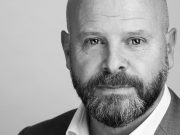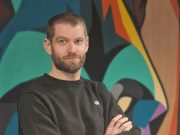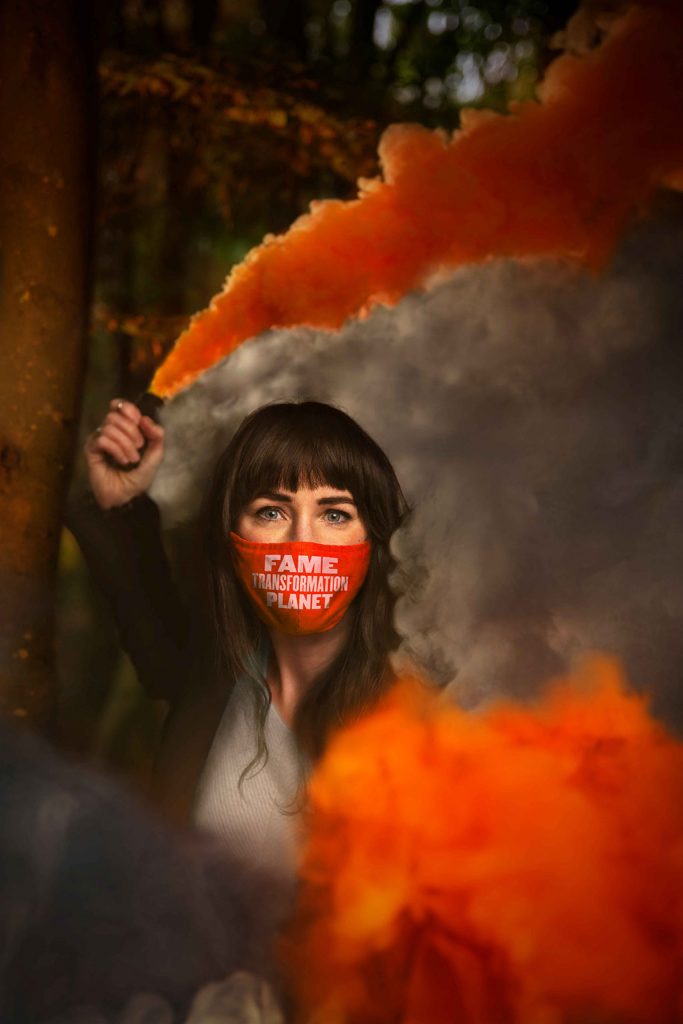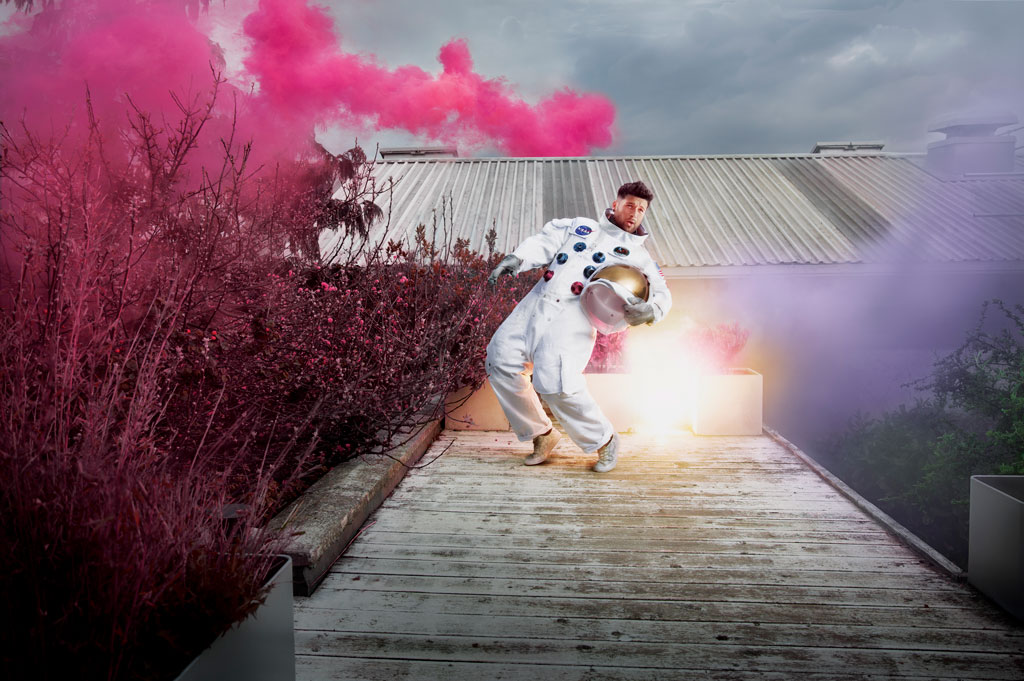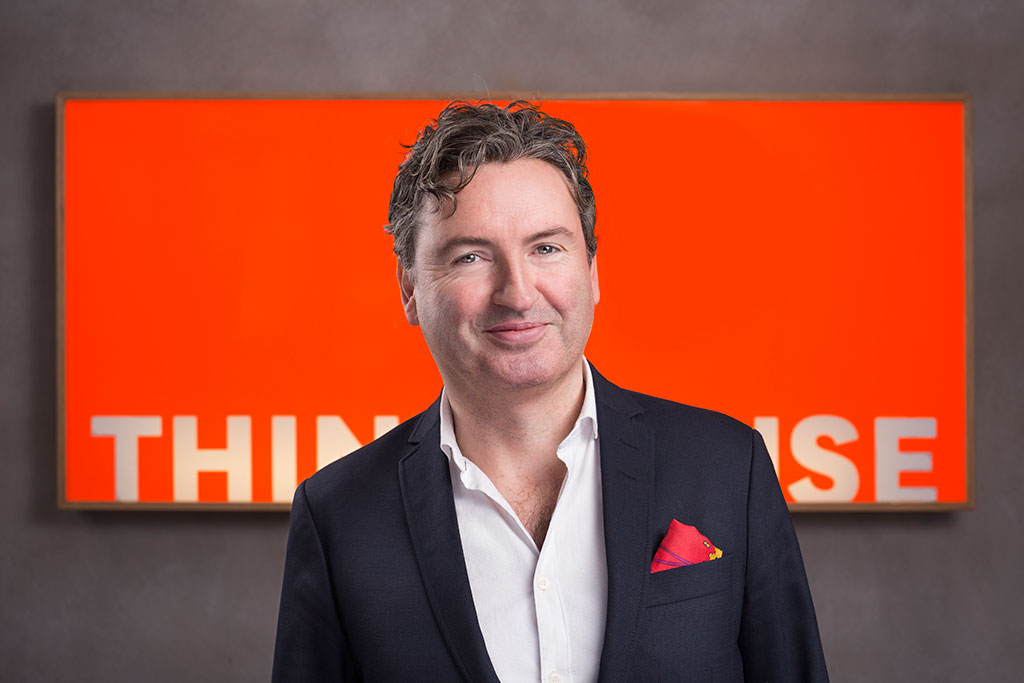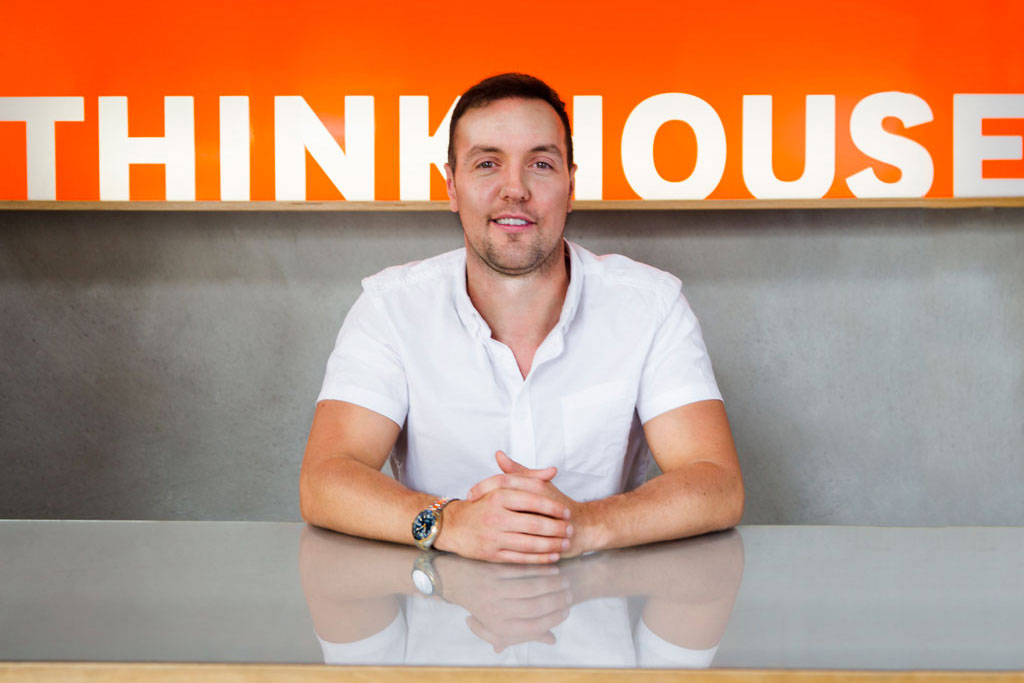As the Dublin-based agency Thinkhouse celebrates 20 years in business this year, founder Jane McDaid talks to John McGee about the growth of the agency, its big ambitions for the future and how the advertising and marketing industry can play a leading role in helping solve some of the major challenges the world faces when it comes to climate change and sustainability.
When Jane McDaid set up Thinkhouse with co-founder Elke Pascoe back in 2001, they had big plans to shake up the Irish PR industry with an offering that filled a major gap in what was then a fairly conservative and cluttered market.
Now as Thinkhouse celebrates its twentieth anniversary this year, McDaid is still shaking things up, only this time the agency is all grown up and finds itself going head-to-head with the giants of the advertising and marketing industry and working with many leading Irish and international blue-chip clients.
In 2004, McDaid took outright control of the business and set about repositioning it as consumer and youth-focused communications agency but with digital very much baked into its DNA.
The timing was everything.
While digital advertising had started to gain traction within the wider business world, the early noughties also saw the birth of social media, the reverberations from which are still being felt to this day.
In 2002, for example, Friendster was founded. Then in 2003 it was the turn of LinkedIn, Xing and MySpace. They were followed by Facebook in 2004 and then Bebo and Reddit in 2005 while Instagram was born in 2010.
Social Media Takes Off
Although social media may have been in its infancy at the time, it was clear that something much bigger was about to be unleashed on the global marketing stage as the world suddenly became a lot smaller and more connected.
Looking back at it now, Jane McDaid says Thinkhouse was probably in the right place at the right time when it came to subsequent growth in digital and social. In fact, the agency’s journey to where it finds itself now is, in many ways, the exact opposite to that of other agencies, many of which are now navigating the same social and digital space that Thinkhouse grew up in.
“We’re unencumbered by any analogue baggage,” she says. “Our advantage is that we started digital-first and it’s ingrained in our DNA. I think traditional advertising agencies are still working really hard to change from a TV-first mindset and some are still grappling with content, PR and influencer marketing. As an agency that started out as a PR and social media agency, many of our team are wired like journalists. This is a huge advantage for brands that want their campaigns to go viral and need their agencies to work at speed – the speed of a newsdesk,” she adds.
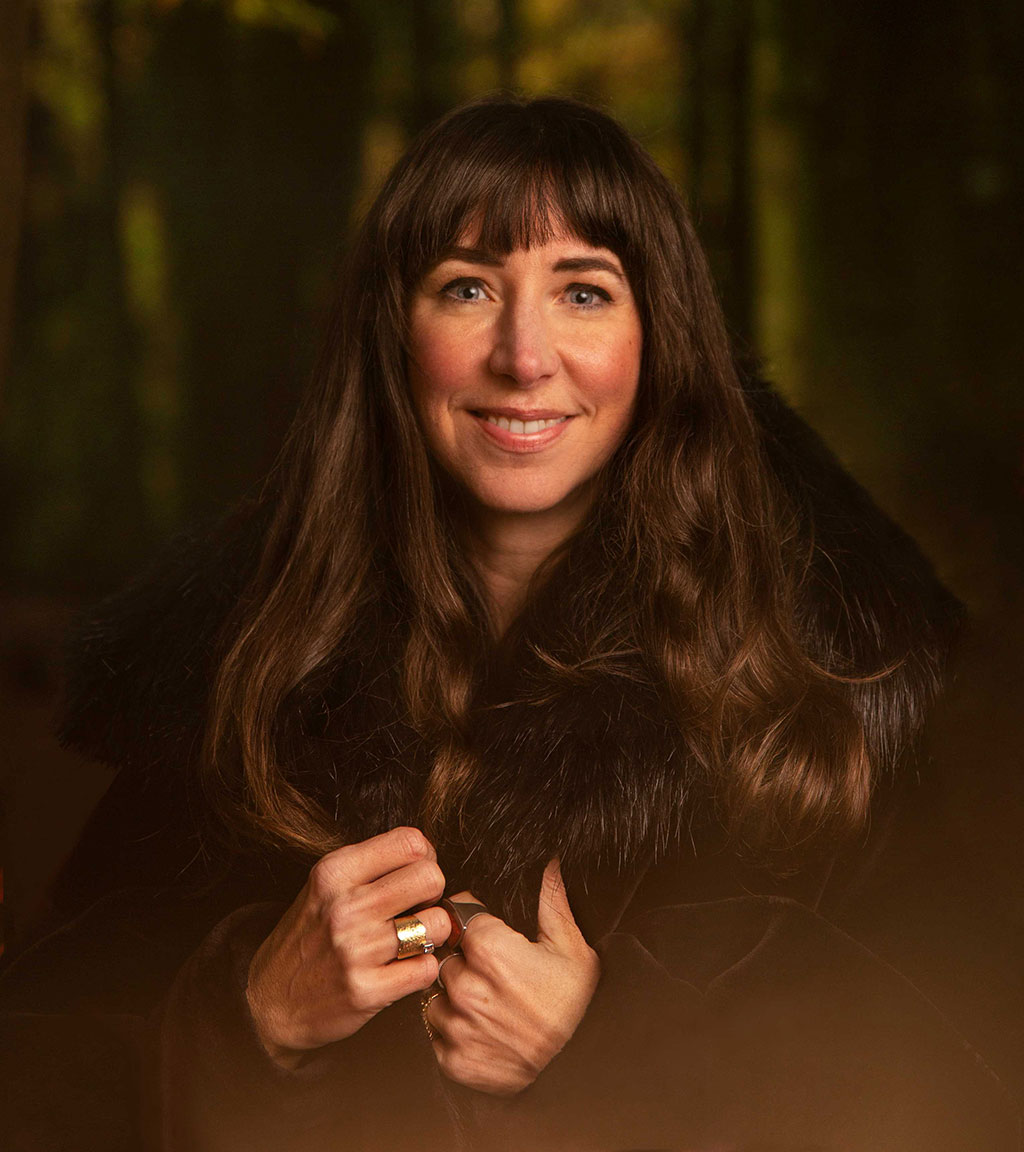 In the marketing world, a lot can happen in 20 years and McDaid attributes the agency’s longevity to its ability to adapt. By the end of January 2022, when recently appointed new recruits will join the agency, its headcount will have grown to 52, a 50% increase over the previous 12 months. With 37% of revenues now generated by international clients -compared to an industry average of 27% – the agency’s staff are now spread out between Ireland, the UK, Spain and Denmark.
In the marketing world, a lot can happen in 20 years and McDaid attributes the agency’s longevity to its ability to adapt. By the end of January 2022, when recently appointed new recruits will join the agency, its headcount will have grown to 52, a 50% increase over the previous 12 months. With 37% of revenues now generated by international clients -compared to an industry average of 27% – the agency’s staff are now spread out between Ireland, the UK, Spain and Denmark.
“All of our growth and changes have been intentional and very focused. I would say, looking back, we’ve had five stages of our business over the last 20 years. Each stage required new mindsets, new skillsets and new dreams – and along the way we’ve enjoyed brilliant and enduring partnerships with our clients that evolve and grow as we do,” she says.
“Dictating our growth has been our desire to constantly be ahead, to be innovative and to challenge convention. This meant having in-house production and digital services well before other agencies did. This meant advocating for sustainable and environmental action when it was the uncomfortable, or even unpopular, thing to do. We’re most comfortable when we’re uncomfortable. I think you’ve to change before you have to.”
Growing Staff and Market Share
The agency works with brands from a broad range of FMCG, tech, retail, public sector and not-for-profit sectors. These include the likes of Irish Distillers Pernod Ricard, GSA/Yugo; Suntory Beverage & Food Ireland & UK, Netflix, Nespresso, Raisio, Heineken Ireland, Musgraves, Barry’s Tea, Nomad Foods, RTÉ, Life Style Sports, innocent, Tony Chocolonely and eMovis amongst others. In addition, anybody who sent a Christmas card in Ireland this year will most likely have used a Christmas stamp that was created by the agency for An Post.
At a time when some agencies were battening down the hatches during the different stages of lockdown, particularly in 2020, Thinkhouse was expanding, according to McDaid.
“As Covid hit, we expanded our market share and the number of brands, and types of organisations, we work with grew,” she says.
“Our digitally-led, agile, full-service model is designed to deliver end-to-end services including production – without the need for multiple agencies. This model, which we developed intentionally over the last number of years, has proved timely and relevant. In addition, as brands develop a new consciousness our Planet services have moved from being ‘interesting’ to being ‘integral.’ All of this has resulted in a record year for us. We’re proud to work with progressive and iconic brands that care about people and the planet.”
Obsessed with Youth
An integral part of the agency’s growth story over the last 20 years has been its focus on the youth market, something which was missing in the wider marketplace. Billing itself as a youth marketing agency at a time when the Irish youth population was both misunderstood yet highly coveted, was hugely ambitious but important, according to McDaid.
“It keeps us ahead – by helping us, and our clients, see the world through the eyes of young people. By seeing the world through the eyes of young people – we see around corners,” she says.
“You can question the validity of this- but if you’ve run an agency for 20 years you trust this approach because you consistently see that the behaviours of youth are the greatest indicators of ‘what’s next’ whether it’s in technology, data privacy, climate, social justice or lifestyle choices. We have published numerous reports and hosted conferences over the last 20 years that have pre-dated ‘mass adoption’ of new ideas. This is why The Youth Lab is the trusted partner for creative C-Suite leaders navigating the new world with a need to deeply understand the emerging future consumer / citizen.” she adds.
Powered by Youth
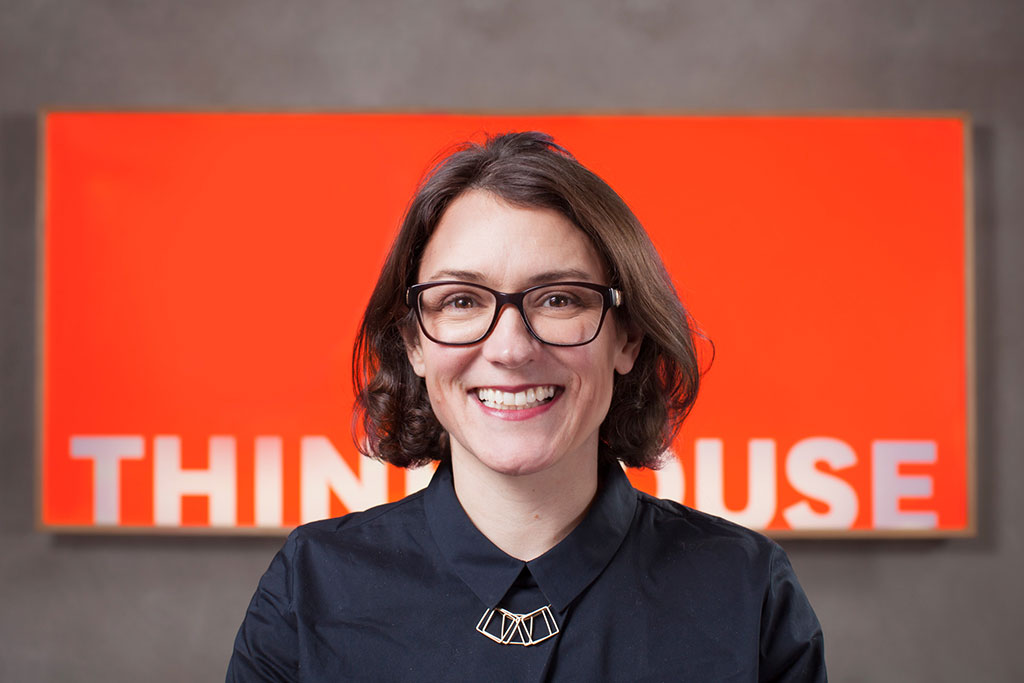
“The Youth Lab – which is headed up by Claire Hyland – powers us – not just with behavioural and attitudinal insights, but creative ones too. By understanding the creative codes of the next generation, we’re best positioned to develop creative work that is more disruptive. We translate these insights into strategic frameworks and marketing plans to enable our clients act fast and act with relevance and meaning. But we’ve also to manage the balance between today’s and tomorrow’s consumer and that’s about finding the tension between youth, and other generations and positioning our brands in the space that brings maximum value to them,” she adds.
Three Key Offerings
According to McDaid, the agency offers services under three key areas: Fame, Transformation and Planet.
“A few years ago, we made a decision to shape our offerings around these three important areas,” she says. “The fame bit comes through culturally relevant marketing with creative, social, digital, out of home, PR and digital event campaigns, that are inspired by and delivered by the next generation of creative thinkers. Our production studios shortcut the traditional agency model. As an agile brand partner – our in-house production team of film and photography directors, animators, creative technologists, designers and editors, has changed the face of how some of the biggest brands in the world create content.”
“The next bit is transformation and it starts with understanding. We help companies and organisations transform with understanding, in a rapidly changing world, through youth insights. We guide them with youth insights cultural, attitudinal and behavioural reverse-mentoring and immersive educational programmes like digitalisation and social to empower organisations to be prepared for the next generation consumer/citizen.” she adds.
“Finally, we advise brands and organisations to embrace purposeful action and deliver it in a way that benefits our planet. From brand activism to purpose driven and sustainability initiatives, we work with visionary change-makers that measure ‘growth’ in multiple ways,” McDaid says.
“When we repositioned the agency a few years ago, the conversation around sustainability, environmental and community responsibility and diversity and inclusion was uncomfortable for many. But since then, things have progressed, at pace. I think the pandemic gave the world a period of time for proper reflection, pulling businesses off the treadmill of ‘growth at all costs’ to ‘growth that doesn’t cost the earth.’
“Brands and organizations are fast becoming aware of their responsibilities and the expectations of their customers. The advantage for our clients is that we’ve been trained in, and active in, this area for many years now. We bring with us huge confidence, borne out of our experiences working both independently and with our clients, to take on the biggest challenge of our lifetime – the sustainability of our planet,” she says.
While most businesses will agree that the planet and climate change are indeed important issues, getting beyond the lip-service is important and probably more so with a Covid cloud still hanging menacingly over much of the world.
“For me, my journey with our planet services reminds of when those years we were trying to convince clients to adopt social and digital as part of their media mix – they were often sceptical, scared and reluctant. But with good insights, strong rationale and creative thinking our clients fast became leaders in social media, well before mass adoption. We are fast approaching a world where every financial decision takes climate into consideration and, just like the adoption of digital and social the most progressive agencies and brands will be the most successful.” McDaid says.
Marketing’s Big Role
As marketing and advertising has played a considerable role in stimulating consumption and, yes, over-consumption in the past, McDaid believes that they also have a role to play in getting us out of the of the mess too. “Marketing arguably played a big role in what got mankind into the mess we’re in right now. So, who better to get us out of this mess but us? Us, the brilliant, creative communicators that have the ability to shift mass behaviour in a heartbeat. The window for carbon reduction is tight, in fact winning slowly is the same as losing. We must reduce our carbon emissions five times quicker over the next 10 years than we did over the last 20 years.
“At a macro level – our planet, in peril, lies in the hands of the world’s leaders and, alongside them, big business. When we started our own planet journey, advising clients on sustainable action and communications, it was challenging and the appetite for action was not universal. We have worked hand-in-hand with pioneering marketers, courageously leading the way to drive sustainable awareness, action and investment within their own organisations. This has been incredibly rewarding work and it demonstrates how marketing can drive huge change, and profits, for large organisations,” she says.
Planetary Progress
“Now, particularly over the last year, things have really progressed. The focus now comes from the top, as CEOs have a new vision around what leadership looks like in 2021 and beyond. In the last year there’s been a 400% increase in the reporting of sustainable goals and increasingly, we see companies working within frameworks like the UNSDGs – the blueprint to achieve a better and more sustainable future for all,” she adds.
“We also see the continued growth of the B Corp Movement and we’re witnessing green-investments outperform non-green investments. Financial reporting of climate-risk is fast becoming mandatory across many countries and green-procurement is active. The expectation of action, transparency and accountability is real, and all eyes are on the big players to lead the way. And this is where marketing comes in,” she says.
“To deliver change with impact, you need people who are personally motivated to lead this change. I see the role of marcomms as being able to help inspire this change from within. Much of the social change that we are witnessing in terms of more sustainable and inclusive societies and economies starts with people. It starts with people taking agency of their own future and being inspired to make positive change that will not just affect their brand/ business but the world at large. Where we have been successful is really helping to spark those ‘moments of change within,’ through educational events that aren’t about judging past performance but are more concerned with how we collectively reset to move forward.”
Leading by Example
And she says Thinkhouse is leading by example.
“Our team is driven by the idea of doing better business and we want to influence the market beyond our own individual success. So, while the change starts within, we want to be an accelerant to positive business and positive marketing. The theory of change is that as more agencies and clients/ brands become more engaged, we create ripples that wash across the local economy. The marcomms industry therefore has the opportunity to continue to educate clients and partner with them to find solutions that are ‘better’ for the planet- always keeping a focus on the end goal, even when things may feel overwhelming,” she says.
“The recent Climate Bill puts Ireland on the path to net-zero emissions by 2050 and within this new context brands and organisations will be expected to publish clear, transparent communications about the carbon impact of the product or service they’re promoting. Our client organizations will also require internal and external communications that rallies their teams and customers around their journey. The nuance of messaging is critical to avoid greenwashing. The opportunity for brands to share progress with consumers and connect with them in a meaningful way – based on shared values – is huge,” she adds.
“The marketing comms sector must play a leading role in terms of helping clients create a new culture of ‘success’, expanding their measurement beyond the bottom line. Specifically, we can drive awareness and understanding around key benchmark metrics that are still in their early days of take-up for example, the eco-effectiveness measure which we, as part of The Great Reset which was launched last year. Our clients must also be aware of other initiatives such as Carbon Counting and Climate Impact on Goods as well as B Corp accreditation. These are all the areas our planet offering is working in partnership with our clients on.”
Re-prioritising What’s Important
While sustainability and the planet will continue to dominate agendas for years to come, McDaid also believes the wider marketing communications industry is facing some interesting challenges itself as new business models emerge, older ones are tweaked and everyone looks to become leaner, more agile and more responsive to change.
“I think the soul of our industry is expressed mostly by the independent, vibrant, brilliant agencies that are run with passion, belief and a deep desire to break the mould, progress and reimagine the world. As an independent agency, our ability to make decisions, at pace and to be agile in how we operate is what clients need right now – now is our time,” she says.
“In terms of other trends like in-housing or whatever, it’s hard to predict where this will pan out but as companies drive more efficiencies, arguably – a mix of in-house and agency resources will fit the fluid, agile approach needed to maximise impact. But I think ‘the unnecessary’ will disappear – just as the pandemic put a focus on what is essential, the industry is re-prioritising what is essential to customer and planet-centricity.” McDaid says.
This will also have a huge impact on marketing which will need to try harder to understand and provide solutions to consumers, she says.
“The role of marketing within organisations the world over is now being more highly regarded as it is the key to understanding what consumers need. The brands and businesses that continue to change to meet these changing needs will be the ones to survive and thrive. But the pandemic forced all of us- citizens, marketers and policy makers alike- willingly or not, to enter into a philosophical debate about how to maximise the common good in the least damaging way possible. As a result, I think our industry will start to re-appraise the role we play in society and look to ‘do better’ by the planet and its people,” she adds.
“The pandemic opened up people’s minds to new ways of doing things. The metaverse has served up a new internet future. This radically changing landscape all requires collective agility – but agility is not just a process it is a cultural mindset. This new mindset is reinvigorating the industry to think beyond boundaries and beyond walls,” she says.
“If you think of ‘work’ as an action, not a place, you can see how future-thinking organisations are asking themselves how we can do the best work, but that ‘we’ has interdependencies at its heart. I see even more collaboration coming down the lines and more clients and agencies open to trying new ways of working together. I’m excited to work with a team of people that are open to new possibilities and don’t fear new ways of working, in fact they embrace that as its central to their own personal growth,” she adds.
Know Your Difference
But it will also be incumbent on agencies to understand their own position in the value chain and what differences they can make to their clients’ business, McDaid believes.
“Just as we give our clients advice to be meaningful and distinctive, agencies too must know ‘their difference’ – what is it that is unique about them and what is the real value that they bring? When you understand your strengths and play to them, in a way that matches what clients are looking for, I believe you will succeed. The pace at which work is delivered now has changed the ‘time plan’ irrevocably – we all work faster, leaner and smarter as we go into the future. Future models or ways of working will be built around this mindset with creativity, insights and technology at its heart,” she says.
Never one to walk away from a challenge, McDaid has never been phased by the agency’s move beyond just the PR and social space into the wider cut-throat creative space which is dominated by a handful of large local and international networks or groups.
“Marketing is competitive, but we never focus too much on the competition – we must continue to compete with our former selves. The interesting thing about the agency is, that because we are so integrated, we compete with a huge array of agencies, locally and globally. We compete with agencies in the area of social and digital, creative/ advertising, insights, strategy and innovation, PR and full-service and integrated marcomms agencies as well as content production companies. We’re not in any specific ‘agency consideration set’ where we’re constantly competing against the same agencies – perhaps this is another reason why we never get too hung up on the competition,” she says.
The Staff
In an industry that’s really only as good as the people working for it, McDaid references her team and its achievements several times.
“We’ve always attracted great talent. More recently I’ve noticed how our specialist and focused services in Planet have attracted a new breed of brilliant Thinkers – which has strengthened our team further and validated that our value-led culture is what professionals are looking for now,” she says.
“It’s really important to say how inspired I am every single day by my colleagues at Thinkhouse. At every single corner of our business, across our Fame, Transformation and Planet services – from finance and operations, The Youth Lab, creative, production, social and digital Innovation, PR and design – we have an exceptional team of people who work in a truly collaborative spirit, with a genuine passion for what we do and an ambition and energy that is infectious,” McDaid adds.
“In addition, the board -which includes David Coyle (above left) Dave Byrne (above right), Claire Hyland – and our growing leadership team, with some exciting senior leadership promotions which will be announced in January- means that we’re in really, really good shape to capitalise on the opportunities we face as we enter into 2022 and beyond.”
Dreaming Big
Now, as she plots the next 20 years, that fearless chutzpah which she is known for in the industry, shows no sign of abating with maturity. And while she may not be shaking things up in another 20 years’ time, the immediate future looks promising.
“For progressive, future focused agencies and brands – 2021 has been good. The indies are thriving – we are playing the long game. We’re in it for the love. We’re in it because our team, our work and our clients matter more than anything in the world. Indies are led by entrepreneurs, and we work without boundaries. We’re resourceful, we think the unthinkable, we foster innovation and we remove the fear of failure. We’re the dreamers- we foster that spirit within our teams. Dreamers help brands dream bigger,” she concludes.
Here’s to the dreamers!







